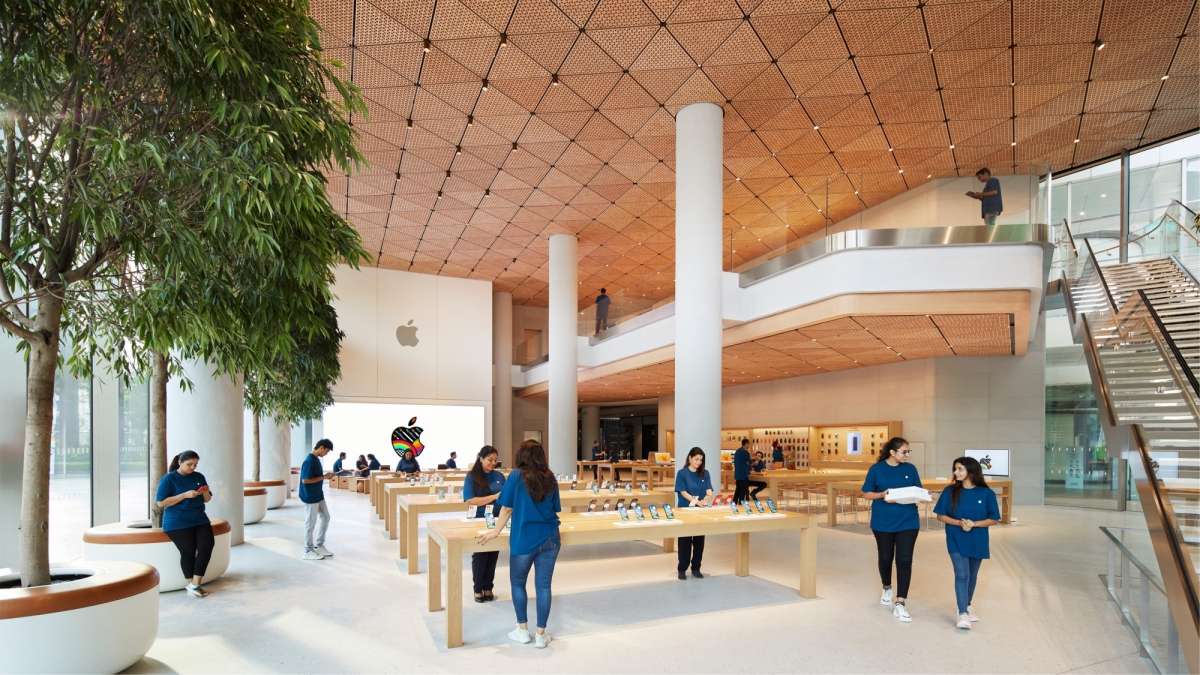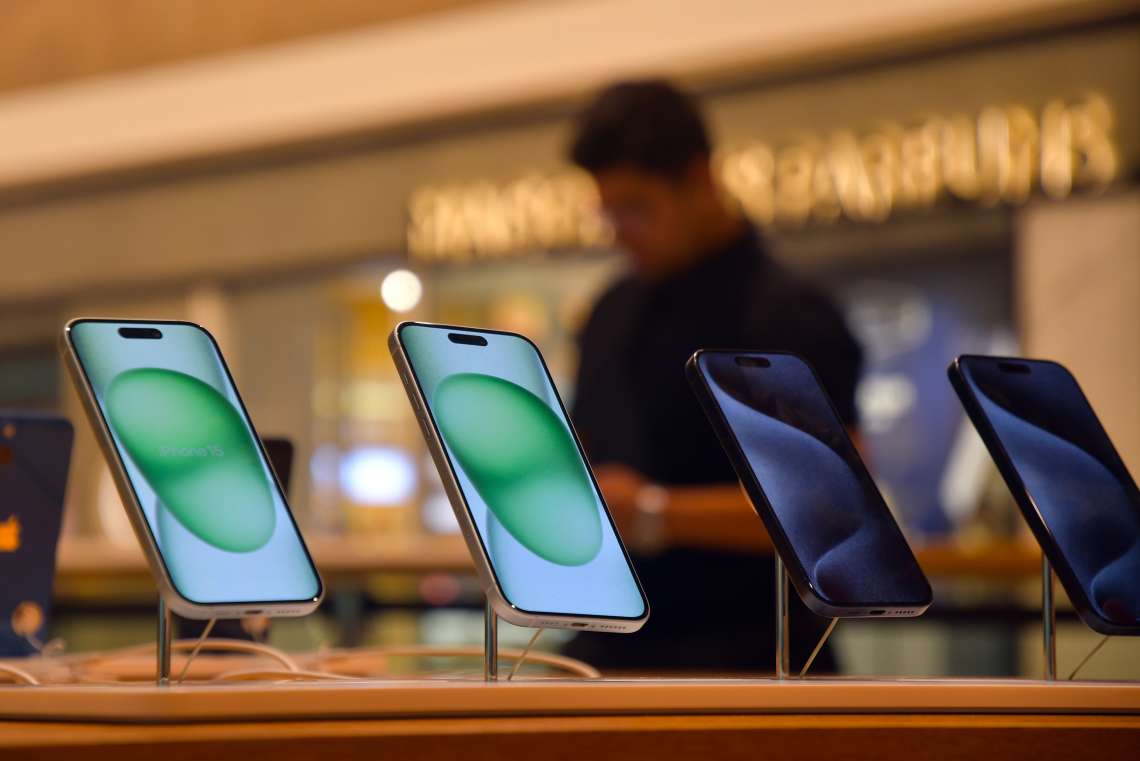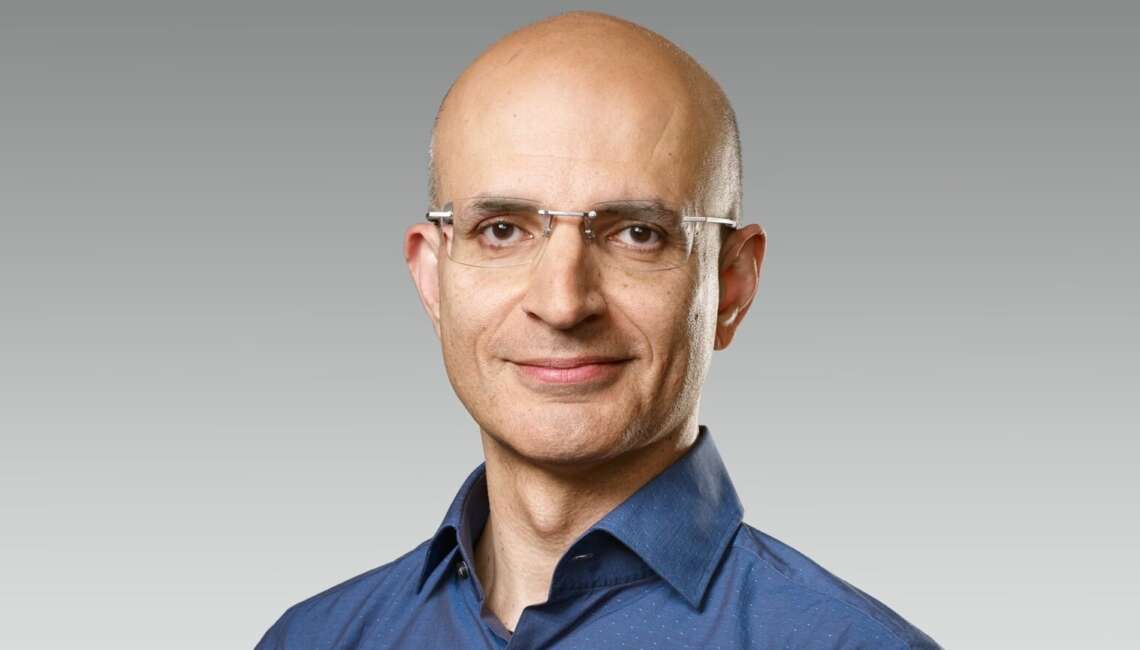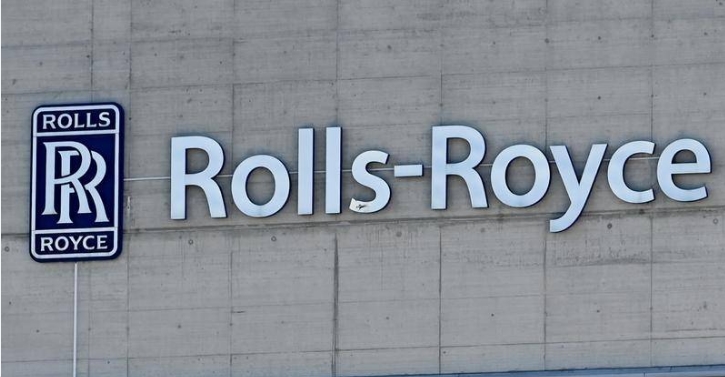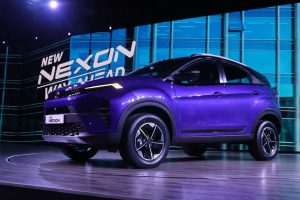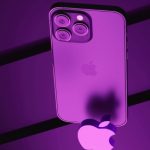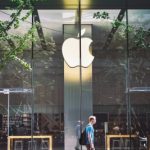To accelerate corporate clean energy sourcing and decarbonise electrical grids, Apple and Google have reported joining the Asia Clean Energy Coalition….reports Asian Lite News
Apple leads the pack of six tech giants who have set targets for its suppliers to switch to renewable energy and among those top IT brands, it is the only company that has a 100 per cent renewable electricity target in its supply chain, a new report has revealed.
The global climate crisis has intensified the urgency for the information technology (IT) sector to initiate substantive actions to decarbonise. Currently, the sector contributes to 4 per cent of global greenhouse gas emissions.
The report by nonprofit organisation, named Stand.earth, compared climate initiatives by Apple, Dell, Google, HP, Microsoft, and Nvidia.
“All six brands have made clear plans on the use of renewable energy in self-operated stores and facilities. Among them, Apple has generated or sourced enough renewable electricity to match 100 percent of electricity demand for its corporate operations since 2018,” the findings showed.
According to a recent report by Apple, more than 300 manufacturers have committed to using 100 per cent clean energy for Apple production by 2030 as of September 2023, contributing to Apple’s goal to be carbon neutral across every product by the end of the decade.
“Other brands need to send similarly clear signals to their suppliers,” said Gary Cook, global climate policy director for Stand.earth.
As Apple continues to work toward its 2030 goal of making every product carbon neutral — from design to manufacturing to customer use — the company is prioritising clean electricity across the entire supply chain and designing products with recycled and other low-carbon materials.
Among the six brands, Apple, Dell, HP, and Google have disclosed information regarding the procurement of renewable energy within their supply chains, each to varying extents.
In a recently released ‘Sustainable Impact Report’, HP disclosed 100 per cent of tier 1 suppliers’ energy use and the percentage of renewable energy used in HP’s production from 2019 to 2021.
To accelerate corporate clean energy sourcing and decarbonise electrical grids, Apple and Google have reported joining the Asia Clean Energy Coalition.
“By setting clear climate targets and engaging with suppliers, Apple and HP have shown a downward trend in greenhouse gas (GHG) emissions relating to purchased products and services. Despite setting supply chain decarbonization targets, Microsoft and Dell had significant increases in emissions relating to purchased products and services,” the report emphasised.
Among the six brands, Google has not separately published annual GHG data relating to purchased products and services, it added.
While the IT industry has acknowledged the necessity of supply chain decarbonisation, as evidenced by making commitments and taking some commendable measures, brands need to take more proactive steps to ensure that they are on track to meet their decarbonisation goals.

